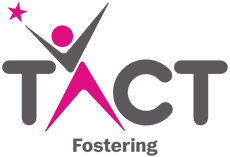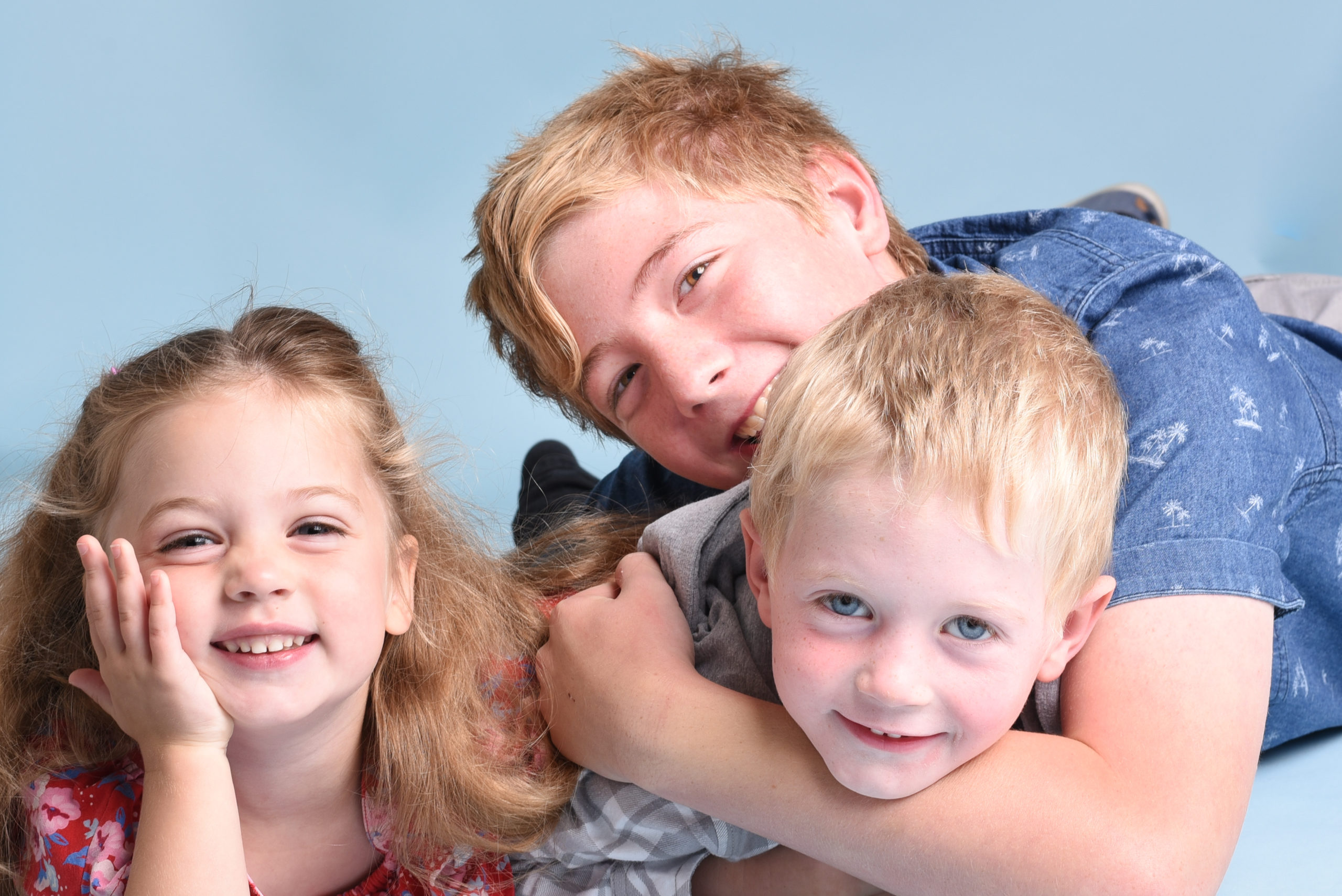Hannah – TACT Foster Carer since 2017
South Coast
My husband and I always wanted to foster. We planned to have our own children first and then foster while they were still young. However, one thing we hadn’t planned on was having a child with additional needs. It started to become clear that our son was different when he still wasn’t speaking at all by age 2, as well as displaying other unusual behaviours. Just before age 3, he was diagnosed with autism, but we still wanted to foster and hoped that this wouldn’t prevent us.
We spoke with TACT, who we found to be very open minded about who can foster, and they explained that it would be a case of carefully matching a child with our household who would thrive alongside our own children. So, when our son was 3 and our daughter was 2, we attended the Skills to Foster course and went on to be assessed and approved as carers.
We began our journey with some respite care which was a good introduction to the fostering experience. We then waited a few months before being matched with a child on a full-time basis, but it was definitely worth waiting to find the right match to work well in our family.
There were some concerns about how our son would react to having someone else move in, as well as how our new foster son (then aged 12) would manage alongside a sibling with additional needs. However, we need not have worried as they very quickly formed a very special bond. I still remember the huge smile on my son’s face when our foster son came home from school on his first day back after the holidays. Playing with our son also seemed therapeutic for our foster son. Our son didn’t ask anything of him and he could be totally himself around him with no judgment at all. Our foster son even chose to write about autism in a writing competition he entered, and his words were very moving.
Being parents to a child with additional needs has also helped us to become better foster carers. It gave us the experience of looking after a child where the most helpful response from us was not always the most logical or expected. We had learned to think creatively about the way we parent each child as an individual.
Our son is now 8 and unfortunately still not talking but we continue to foster and all 3 children that we have with us at the moment are thriving. So much so that we are now also occasionally doing respite for other children in care and are considering welcoming another child full-time, should we find the right match with our family.
I’ve written this to illustrate that foster families can come in all shapes and sizes. If you have the desire and the passion to foster, then factors that might be perceived as a barrier can actually often produce a positive effect.
Read about the different types of fostering you can do!



